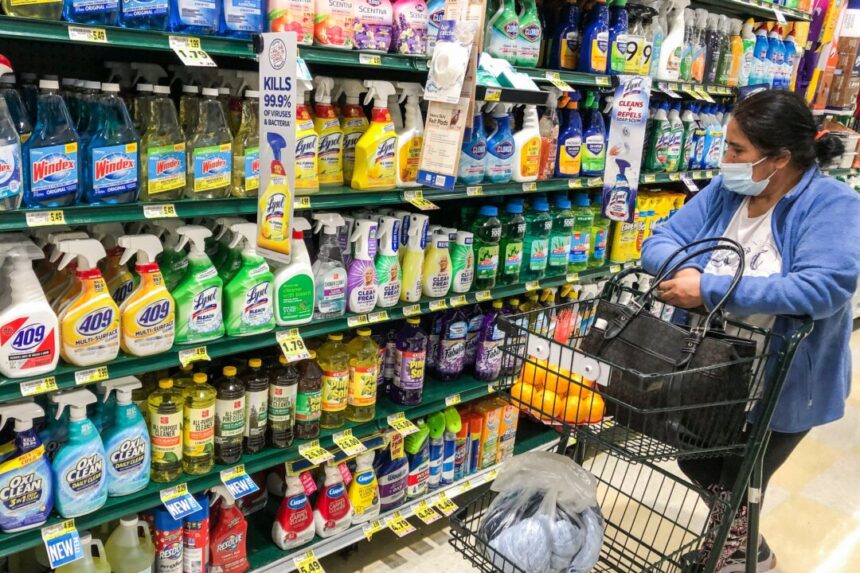The Environmental Protection Agency (EPA) has finalized a ban on two chemicals, trichloroethylene (TCE) and perchloroethylene (PCE), due to their carcinogenic properties. These chemicals are commonly found in various commercial and industrial products and can be used interchangeably.
TCE, labeled as “extremely toxic” by the EPA, can cause damage to the central nervous system, liver, kidneys, immune system, and reproductive organs even in small concentrations. It is known to cause liver cancer, kidney cancer, and non-Hodgkin’s lymphoma. TCE is present in consumer products such as cleaning agents, degreasers, sealants, lubricants, adhesives, paints, and spray coatings.
PCE, also known as “perc,” is widely used in fabric dry cleaning and as an automotive brake cleaner. It is a known carcinogen causing liver, kidney, brain, and testicular cancer, and is toxic to various bodily systems.
The ban prohibits the manufacture, import, processing, and distribution of TCE for all uses within one year, with exceptions for certain industrial and commercial applications like cleaning aircraft parts. PCE can still be used as an alternative under strict conditions for specific uses, such as energized electrical cleaning and laboratory testing.
Senator Ed Markey has long advocated for a ban on TCE, inspired by a mother named Anne Anderson whose son died from cancer linked to these toxic chemicals. The EPA’s decision to ban these chemicals has been welcomed by advocates like Markey and communities affected by their harmful effects.
Source link





